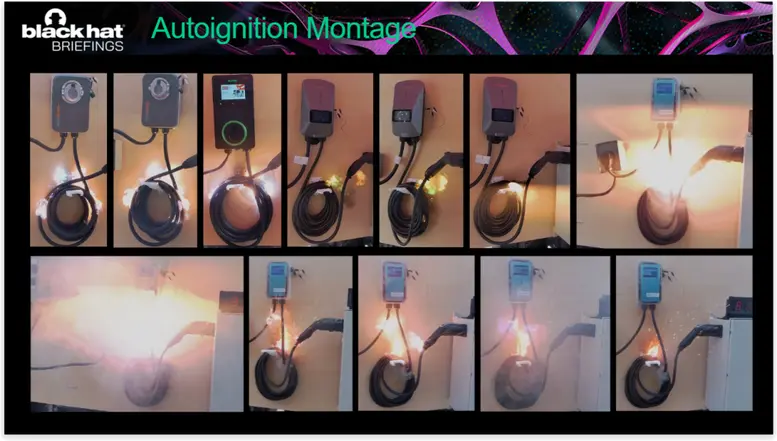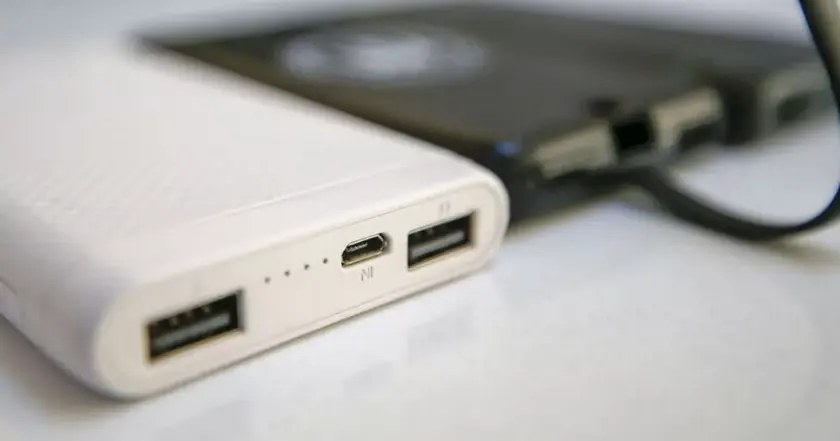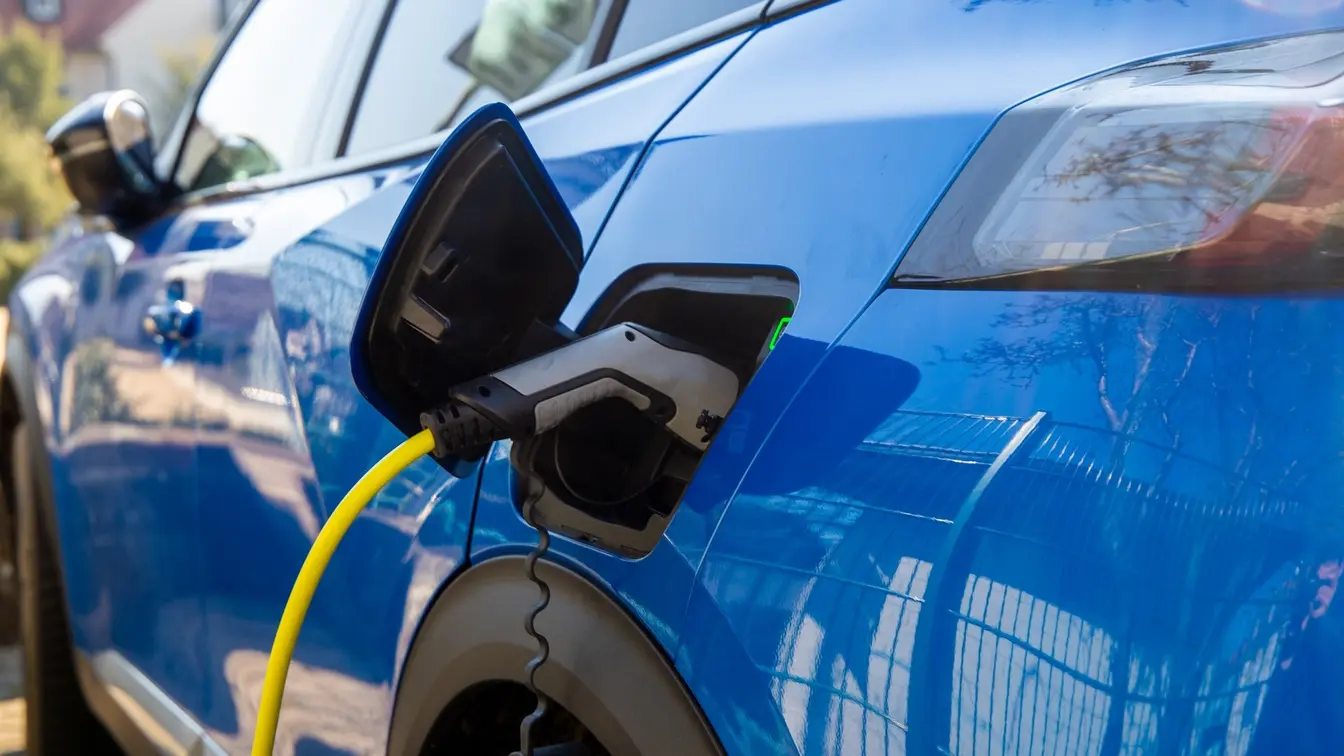T4K3.news
EV charger fire risk highlights hardware safety gaps
Trend Micro warns that some home EV chargers can be hacked to bypass overheating protections, creating a real fire hazard in homes.

Trend Micro researchers show that some home EV chargers can be hacked to bypass overheating protections, creating a fire hazard.
Hack exposes fire risk in home EV chargers
LAS VEGAS — At Black Hat, Trend Micro researchers demonstrated how several home EV chargers could be hacked to disable overheating protections. Their tests on popular models showed that a simple hardware tweak could force a charger to pull maximum power, causing cables to overheat and sometimes ignite.
The researchers said the risk lies in the hardware design and the way chargers connect to power, control chips, and sensors. Some devices with older designs resisted the attack, others did not. They offered practical steps for users, including using shorter cables, not winding cords around the charger, and avoiding mounting the cable under the unit or near flammable materials. They also urged manufacturers to build hardware based safety mechanisms that work independently of software.
Key Takeaways
"Charger manufacturers need to create software-independent, hardware-only safety mechanisms."
Andersson's call to action at Black Hat.
"Without this, the risks of fire exist as presented."
Andersson explaining the danger.
"Don't mount the cable under the charger, or under anything flammable."
Safety guidance during tests.
The findings highlight a broader tension between convenience and safety as home charging becomes common. When software protections can be bypassed, the hardware itself must stand up to abuse. The demo suggests that cost pressures and rapid product cycles can leave critical safety features underengineered.
This should push regulators and industry to raise hardware safety standards and require testing that survives tampering and power abuse. It also points to a gap in consumer protection when critical gear can be hacked. The path forward is clear: safer hardware, better design, and transparent testing, so homes stay safe even if the software is tampered with.
Highlights
- Charger safety must be hardware based not software dependent
- Without hardware safety, the fire risk is real
- Don’t wrap the cord around the charger
- A shorter cable is safer
Potential fire risk from hacked EV chargers
The Trend Micro findings reveal a hardware-level flaw in home EV chargers that can lead to overheating and fires if hacked or modified. The risk is heightened by cost pressures and inconsistent safety standards across models.
Safety relies on the hardware as much as the software, and that balance must tilt toward physical safeguards.
Enjoyed this? Let your friends know!
Related News

Apple issues warning on iPhone charging dangers

Retirement gains from electric cars
Pixel 6A devices linked to fire incidents

CDC Attack Heightens Health Security Risks

Ukrainian military impacted by Starlink outage
Pixel battery issues threaten trust

Europe faces record heat and wildfires
